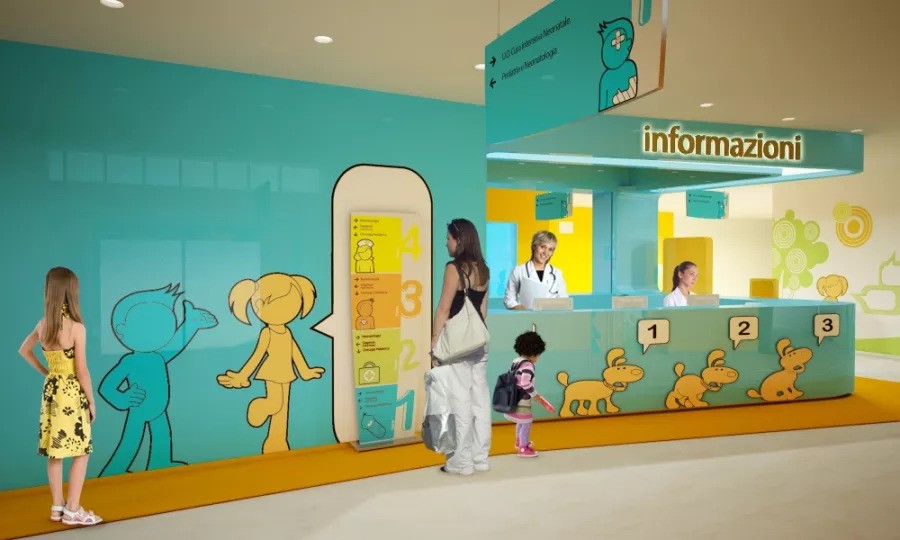In a fast-paced world brimming with distractions and demands, the art of mindfulness offers a serene refuge. It’s not just a fleeting trend but a transformative practice that has gained traction for its profound impact on mental Sensible and overall well-being. Mindfulness isn’t merely a buzzword; it’s a way of life—one that cultivates clarity, resilience, and a deeper connection with oneself and the world.
What is Mindfulness?
At its core, mindfulness is the practice of being fully present and engaged in the moment, without judgment. It involves paying attention to thoughts, feelings, bodily sensations, and the surrounding environment with a gentle and non-critical awareness. Contrary to the misconception that it’s solely about meditation, mindfulness extends beyond formal practices and integrates into everyday activities.
The Mind-Body Connection
Research has spotlighted the immense benefits of mindfulness on mental health. Regular mindfulness practice has been linked to reduced stress, anxiety, and depression. By fostering self-awareness, it helps individuals recognize and manage negative emotions, fostering a more positive outlook.
Moreover, mindfulness isn’t confined to mental well-being; its ripple effect extends to physical health. Studies indicate that it can lower blood pressure, enhance sleep quality, and even boost the immune system. The mind-body connection becomes evident as mindfulness practices aid in calming the nervous system and promoting overall bodily harmony.
Cultivating Mindfulness Daily
Incorporating mindfulness into our daily lives doesn’t require a monumental shift. Small, consistent efforts pave the way for significant changes:
1. Mindful Breathing:
A fundamental practice involves focusing on the breath. Taking a few minutes each day to observe the breath—the rise and fall of the chest—anchors us to the present moment, calming the mind.
2. Engaging the Senses:
Mindfulness thrives on sensory awareness. Whether savoring a meal, feeling the warmth of sunlight, or listening intently to the sounds around, tuning into our senses heightens the richness of experiences.
3. Embracing Mindful Moments:
Integrating mindfulness into routine activities—such as mindful walking, eating, or even doing chores—transforms mundane tasks into opportunities for presence and awareness.
4. Gratitude and Compassion:
Cultivating gratitude and compassion through mindfulness fosters a kinder relationship with oneself and others. It involves acknowledging and appreciating the positives in life, fostering resilience in challenging times.
The Journey Toward Wholeness
Embracing mindfulness isn’t about attaining perfection; it’s a journey of self-discovery and growth. It’s acknowledging that, in the ebb and flow of life, being present brings solace, even amidst chaos.
The beauty of mindfulness lies in its accessibility—anyone can embark on this transformative journey. It doesn’t necessitate seclusion; rather, it’s about integrating moments of mindfulness into our bustling lives.
In a world where multitasking is hailed, the power of mindfulness lies in its invitation to focus on one thing at a time, nurturing a profound connection with the present moment.
Closing Thoughts
Mindfulness isn’t a panacea, but its ripple effects are profound. It’s a tool, a mindset, and a way of life—an invaluable resource for navigating life’s complexities with grace and resilience.



